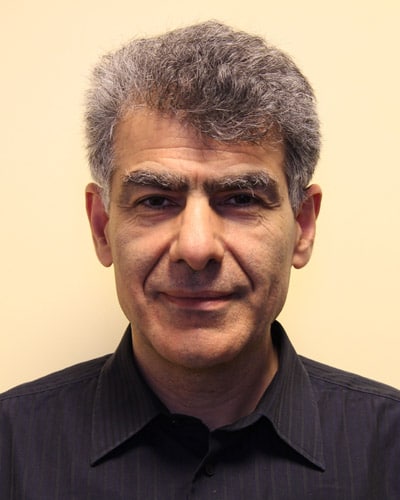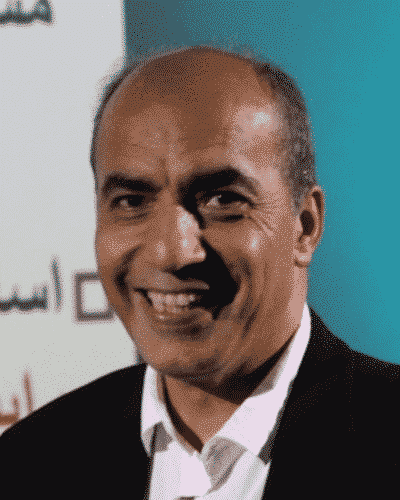The anti-globalization movement of the 2000s brought about a global discussion of the environment through the lens of climate justice (Aguiton and Cabioc’h 2010). Currents of thought such as ecofeminism, concepts such as intersectionality or environmental racism are all indications of a shared sense that reflecting on ecological crises and relations of domination is now a compelling necessity. If scholars explore these questions for many countries in South America, Europe or America, very few question this articulation in the Middle East. Iran, however, if we stop reading it only under the prism of its political and geopolitical positioning through its strategic location in the Middle East, reveals itself as an exciting laboratory for thinking about the intersection of ethnic and ecological issues. The internal political dramas and the international negotiations on its nuclear dossier have contributed all the more to place Iran on the media scene, but what is much less known about Iran are the ethnic challenges and also the new environmental challenges that the country must face as it is threatened by global warming, by acute air pollution and especially by the degradation of its natural resources. Hence, the case of the draining of Lake Urmia, one of the most important water ecosystems in the country, that is located in a region confronted with ethnic claims. Its specificities make it possible to articulate the relations of domination of gender, class, and race to the strong regional and linguistic cleavages that characterize Iran as well as to the specificities of its non-democratic regime. This major ecological crisis – the lake has lost 80% of its surface in 20 years – has indeed been publicized especially through the ecological mobilization of different actors and through protest movements organized by Turkish-Azerbaijani human rights activists against the government.The undemocratic nature of the Iranian government and the inexistence of independent political parties, social institutions, associations and media on one hand, and the absence of a tradition of political ecology, ecological thinking, ecological parties and electoral environmentalism on the other hand, have led ethnic rights activists to mobilize for an environmental cause. In line with the thematic section of Environment, this paper proposal aims to question the role of politically engaged ethnic rights activists (Tarrow, Tilly, 2015) and the protest movement and environmental mobilizations in the lake region in the process of «publicization» and «agenda-setting» (Hassenteufel 2011 & Garraud P., 1990) of the protection of Lake Urmia in a non-democratic context. The proposal also questions the articulation of old ethnic claims with new environmental ones by taking into account the specific characteristics of the political and social context. This study stems from my current doctoral research, which is based on qualitative field investigations, (between the years 2015 and 2022) conducting observations, analysis of media discourse on the draining of the lake of Ourmia (from 2000 to 2019) and most importantly sixty semi-structured interviews with various actors and a survey carried out in spring 2022.Mots clé : Lake Ummia, Iran, publicization, agenda-setting, ecological movement, ethnic claim.
این سخنرانی بخشی از پنل زیر است:
سالن ۲ – فارسی




